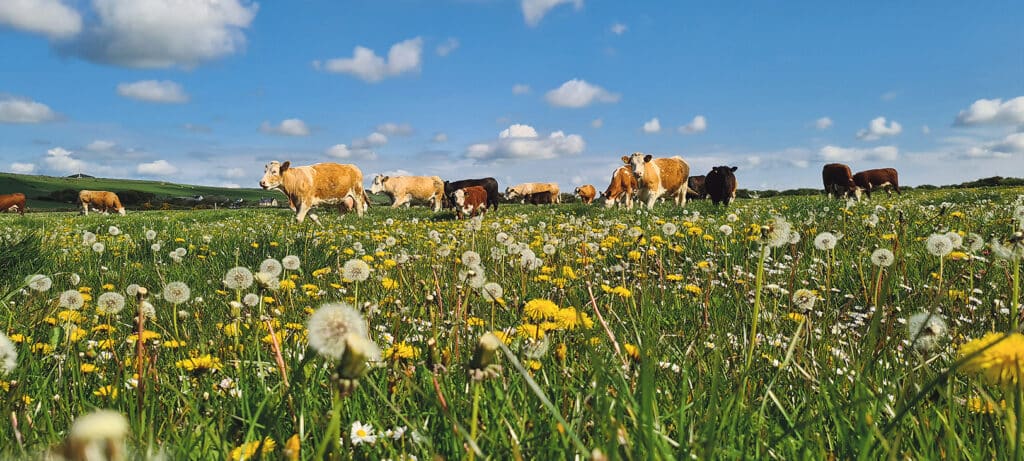In recent days, in the wake of the death of Al Jazeera journalist, Shireen Abu Akleh, I was due to travel to Palestine on a five-day mission to the region as part of the European Parliament’s Delegation for Relations with Palestine. We had a packed schedule lined up, and were due to visit areas including the embattled neighbourhood of Sheikh Jarrah, Bethlehem, the South Hebron Hills, Ramallah and the North West Bank.
I wasn’t under-estimating the emotional impacts the trip would have had. Through my work and research as a member of the European Parliament’s Palestine Delegation, and following in the wake of the assassination of Abu Akleh, I am very much aware of the situation on the ground. But I looked forward to meeting with people directly. I wanted to hear first-hand about their day-to-day lives, the realities of living in an occupied territory and how the EU can respond.
I was due to meet with Don Sexton, Representative of the Office of Ireland in Palestine, as well as representatives of the Palestinian National Authority, NGOs and members of civil society. I was to visit a refugee camp, an artist’s studio, a women’s centre and an organisation supporting journalists.
Some areas I was due to visit or travel through are places where life presents numerous difficulties for Palestinians. My work in this area would have benefitted from seeing the region for myself.
In Ireland there is a lot of solidarity and support for the plight of Palestinians. Every aspect of their daily lives is impacted by the occupation. I planned to do my best to get daily updates through to home and to share elements of my journey on social media over the course of the mission.
This wasn’t to be.
On Sunday last, as I stood in the queue at Dublin airport, getting ready to board a flight on the first leg of my journey to Tel Aviv, I received a message. Members of the delegation, I learned, had been banned by Israeli authorities from entering the Gaza Strip. Chair of the delegation Manu Pineda, had even been banned from entering Israel and Palestine.
I’m mindful that restricted freedom of movement is a daily occurrence for many Palestinians, but as a person who has had the privilege of living in a functional democracy, with the rights and freedoms that go hand-in-hand with that (including unrestricted access to normal travel) I was taken aback. The fact that the Israeli authorities were willing to block access of EU elected representatives shows just how far they are willing to go to obstruct others from seeing the everyday impact of occupation.
I recorded my thoughts in the airport and, with the same privileges afforded to those of us lucky enough to live in parts of the world where freedom of expression is also a protected right, I posted my video on social media and distributed a press release to media outlets.
After leaving the airport I got in my car and travelled with ease to pay a visit to the Palestinian Ambassador to Ireland, Dr Jilan Wahba Abdalmajid.
To end that long (and disappointing) day, I spoke with Al Jazeera on the banning of the Delegation from the Gaza Strip. Of course the EU must take a stronger stance in support of elected representatives, and more importantly defend the Palestinians whose voices are denied by moves like this, but as I spoke to the Al Jazeera reporters, my particular focus was on the killing of their colleague Shireen Abu Akleh and the steps the EU needs to take to protect a free press in the region. To begin, there must be an independent investigation into her killing by the Israeli Defense Forces.
I’ve backed Senator Frances Black as she continues to show support for the people of Palestine and highlights the ongoing impunity which is granted to Israel by the international community. In recent days she has called for meaningful repercussions for Israel following the murder of Shireen Abu Akleh, and their blockage of an EU delegation.
At the end of the day, life continues to present unimaginable challenges for the people of Palestine. Ongoing experiences of grief, loss and a denial of fundamental human rights forms part of daily life. Meanwhile the EU continues to support strong trade links with Israel, even as their bulldozers continue to demolish Palestinian schools and development projects built with EU funding.
I come back to the final moments in the life of Shireen Abu Akleh, a respected 51-year-old Palestinian-American journalist. A video, filmed by Al Jazeera cameraman Majdi Banura, captures the scene leading up to the moment when Abu Akleh was killed by a bullet to the head.
Reports say she had been with a group of journalists near the entrance of Jenin refugee camp. She, along with the other journalists, was wearing a distinctive blue vest, of the sort that clearly identified her as someone working in the media.
Reports say that she and the other journalists undertook their usual moves of standing in clear sight of Israeli military vehicles for a number of minutes, so that they could establish that they were journalists, before they started to move. Their moves, reports say, were cautious, before shots broke out. Shots that left Abu Akleh on the ground with blood pooling under her head.
As I returned to work, and got on with the job of joining meetings that should have taken place in person, in Palestine, I reflected on the events of the preceding days.
I want to go to Palestine. Israeli authorities must allow us to do our jobs as EU-elected reps, and meet with Palestinian civil society on the ground.
This week I’ve spoken on the rights of media workers to personal safety and the freedom to report the facts. In the words of Minister TD – “The first casualty of war is truth. We have witnessed that in most recent times.”
Close to home, we’ve seen the killings of courageous and respected journalists and media personnel – Lyra McKee, Martin O’Hagan, Veronica Guerin. The recent death of Pierre Zakrzewski, an Irish camera operator covering the war in Ukraine, is another potent example.
Protection of access to the truth is a fundamental right in a functional democracy. Restrictions or threats to media and others trying to bear witness to the truth, must be challenged; those perpetrating, condoning, or turning a blind eye to these violations, must be held to account.







